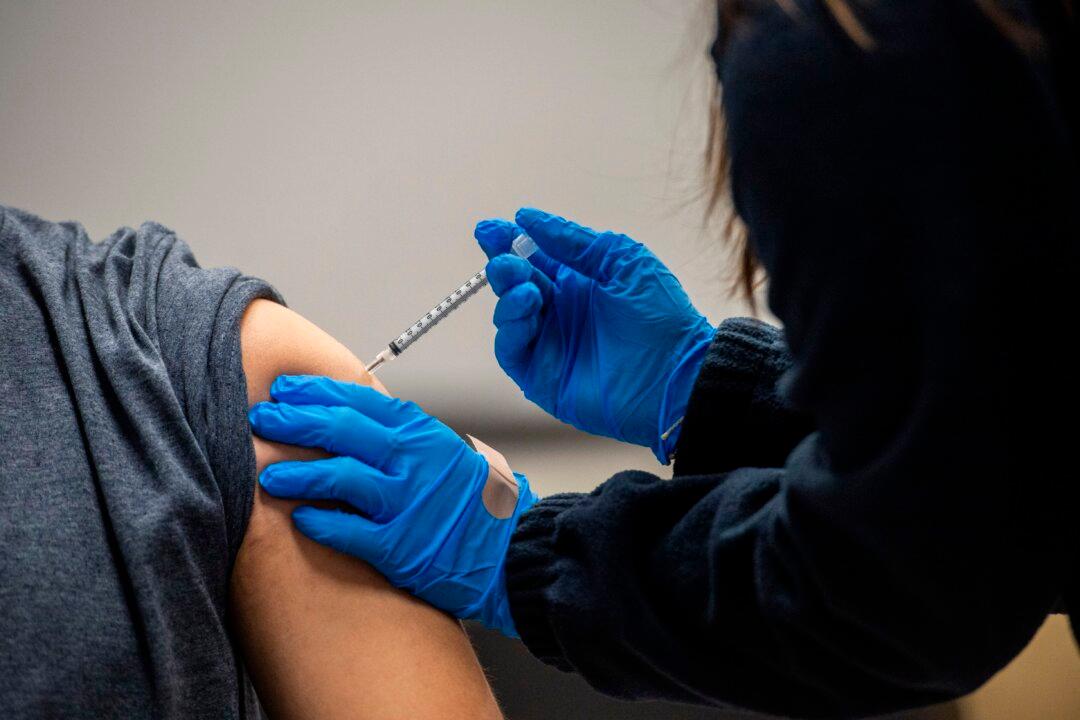Authorities in Europe and Israel say they haven’t identified a safety signal for stroke related to Pfizer’s updated COVID-19 vaccine.
“As to your question on stroke, EMA [European Medicines Agency] can confirm that to date no such signal has been identified in the EU,” a spokesperson for the European Medicines Agency told The Epoch Times via email on Jan. 20.





